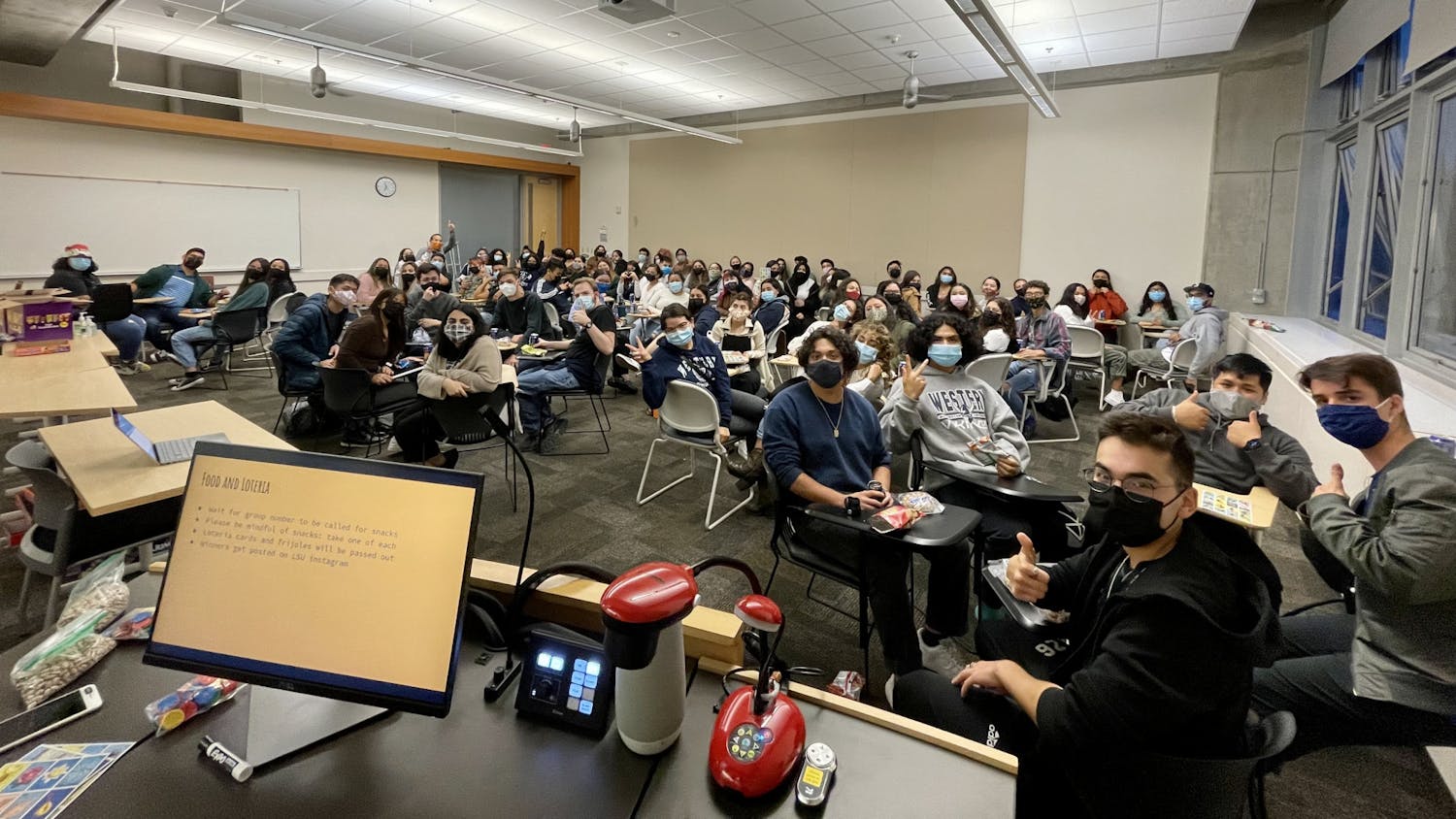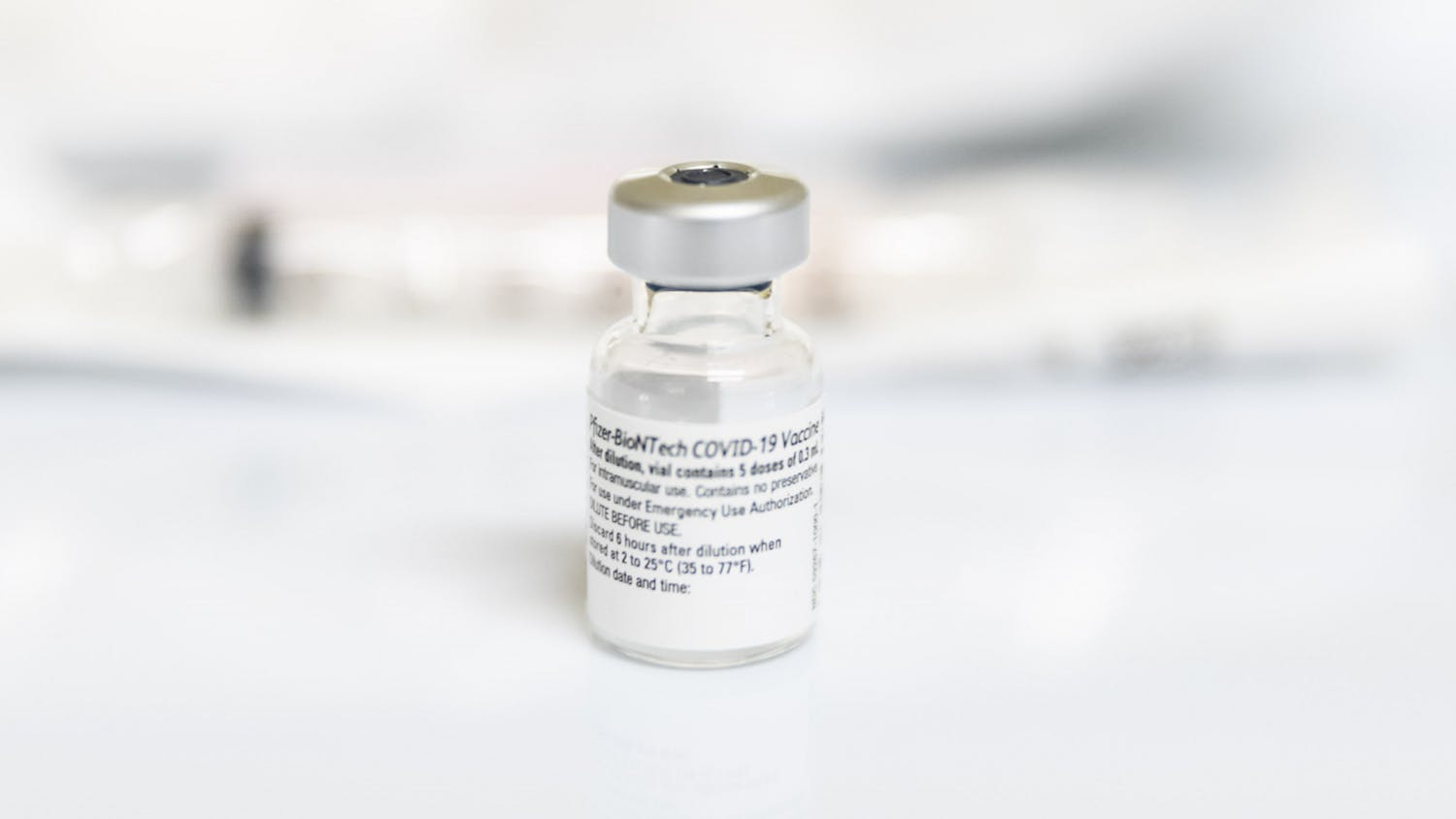Erica Bandy was excited. She matched with a guy on Tinder who shared the same taste in music as her and they agreed to get tested for COVID-19 before going on a walk around downtown. The date was a different story.
Her match showed up at her house and immediately expressed a desire to go to Bandy’s room. When she declined, he suggested walking back to his house. There, he expressed the same desire to go to his bedroom.
Bandy, uncomfortable and dissatisfied with the date, left.
“I really just like to feel it out with each person that I’m talking to,” Bandy said. “I don’t know what I want.”
Most guys she met online knew what they wanted, she said, and were more forward with their desires.
Dating app use has skyrocketed throughout the past few years, with Tinder tripling its user base since 2017 and reports that 30% of U.S. adults have used dating apps, according to Pew Research Center. They are especially common among young adults.
Bandy, a second-year at Western Washington University, has used Tinder, Bumble and Hinge to date during the pandemic.
For every 100 matches, she meets around two people in person, she said.
Jack Murphy, a first-year at Western, downloaded Bumble for the first time last week. He uses the app to talk to people and is exploring the idea of meeting people now that he’s vaccinated.
Colleen Sawyer, a Western alumna from the class of 2020, has been on Tinder for two years but only met two people in person during the pandemic. She also went on a few virtual dates through Skype and Discord calls.
“[Virtual dates are] definitely more awkward than an in-person date, but it’s nice to meet new people,” she said.
Sawyer said that dating apps are an indulgence for her, and they make it easy to connect to people and get dopamine from matching.
Bandy, Murphy and Sawyer said that getting vaccinated made them feel more safe in regards to meeting matches in person. Before getting vaccinated, Bandy and Sawyer said that they got tested for COVID-19 before going on a date, and asked their matches to do the same.
“There [was] definitely a wide range of how comfortable people were with meeting up,” Bandy said.
When Bandy told matches that she didn’t want to meet in person or requested them to test for COVID-19 beforehand, most guys ended up ghosting her, she said. Men seemed to be more hesitant to get tested, and women seemed to have more of the same concerns, Bandy said. Statistics report that women are more likely to get the COVID-19 vaccine compared to men.
With new Centers for Disease Control guidelines that allow fully vaccinated people to forgo masks and physical distancing measures, the Whatcom County Health Department has updated local COVID-19 guidance, which means less restrictions on dating.
“If both people are fully vaccinated . . . then they can safely meet in person without wearing masks [or] physical distancing,” said Jennifer Moon, public information officer for the Whatcom County Health Department via email.
If one person is fully vaccinated and the other isn’t, it’s still safe to meet, Moon said, but the unvaccinated person still needs to follow all COVID-19 precautions.
“If neither person is vaccinated, all COVID-19 safety precautions should be taken. Meeting in person is ok as long as masks are worn and physical distancing is practiced,” she said.
Zachary Doobovsky, public health nurse for the Whatcom County Health Department, recommends that both parties communicate boundaries and safety practices to each other before meeting in person.
“If the other person is unwilling to follow your boundaries then you probably shouldn't go on a date with them,” he said via email.
Cora Boyd is a dating and relationship coach based in Seattle. She said that for people entering the dating scene for the first time, or re-entering after a break, her advice is to put your full self in the scene and enjoy connecting with people while being clear and transparent in your profile and conversations about what you want.
“Don’t be afraid to filter out the wrong people,” she said. “Don’t try to appeal to everyone.”
Despite the lucrative nature of dating apps, Boyd said that there are many other ways to meet people.
“Remember that people are everywhere. Everyone that is on the apps in your area, those are the people going to the park, going to the coffee shop, walking down the street, connected through your friends,” she said. “If you’re wanting to meet someone, be casually open about that with your friends and people in your life.”
Boyd recommends leveraging your interests and becoming social through those avenues. When you’re in a position to meet a new person, take a small risk and start a conversation.
“Many people, especially right now, are really eager to connect. [Talking to people] is welcome,” she said.
Boyd said that the anxiety of meeting a date in person is often self imposed, and there’s an idea that every encounter is either a success or a failure. Stepping out of the right-versus-wrong mindset and focusing on having fun is key to dating success, Boyd said.
For people feeling mental fatigue from dating apps, Boyd said that frustration and burnout are common, and there are some mental workarounds to stay healthy.
“Dating apps are amazing, there are lots of benefits, but there are things to be aware of,” Boyd said. “The apps are literally designed to be like slot machines. They are designed to be psychologically addictive.”
A cycle can involve overextending yourself, she said. Downloading the app, swiping in a frenzy, getting dopamine from matches, burning out, deleting the app, only to start again in a couple months. Boyd said that being aware of the app and its purpose can help someone avoid frustration.
Boyd’s advice is to go on dating apps once or twice a day for 10-15 minutes to establish a rapport with a match. After that, she advocates moving to your preferred next step like exchanging phone numbers.
“[I recommend] moving towards the platform that has the potential for more quality connections sooner rather than later,” she said. “You can project a lot onto a person when you don’t have very much information about them.”
The quality of interactions you have on the apps will be low, Boyd said. If the only dating interactions you have are on the app, you can confuse what dating is.
“It’s not dating, it’s a dating app, which is a tool for dating,” she said.
Clay Wren is a third-year finance major and journalism minor who uncovers the hidden stories of Bellingham. He can be reached any time at claywren.thefront@gmail.com, Instagram: @wrenthejewels






